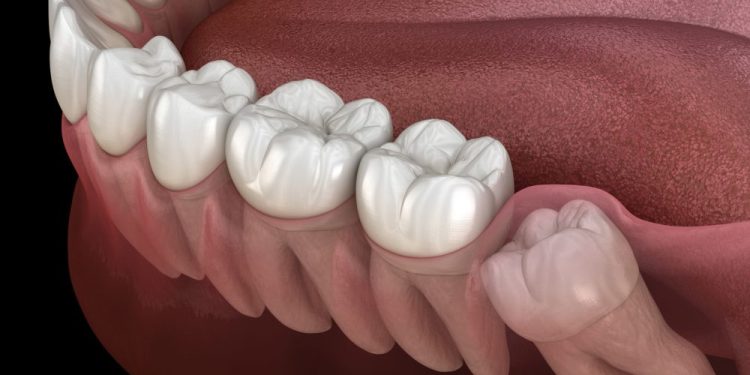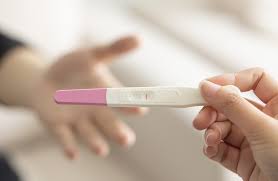Wisdom teeth Gordon are the last set of adult teeth to erupt, and they are located at the very back of your mouth. Wisdom teeth usually come through between the ages of 18 and 24. They are called wisdom teeth simply because we are thought to be “wiser” in our adult years.
Statistics show that about 53% of the population have at least one wisdom tooth, whilst some people never develop wisdom teeth at all. If you do not have any wisdom teeth, don’t worry; they are thought to be vestigial, meaning they served a purpose at one point for our ancestors who ate a lot of raw, fibrous and hard foods, but we do not need them any more because our diets consist of cooked and softer foods.
It is assumed that wisdom teeth mean trouble; however, this is not always the case. If they emerge normally and there is sufficient space in your mouth, wisdom teeth should be no trouble at all. Unfortunately, sometimes these teeth are unable to emerge normally because the jaw is too small for any more teeth; this is when problems begin. If the wisdom tooth emerges at an angle, it can put pressure on the gums and adjacent teeth, causing pain and discomfort. This pain may go away by itself or with the help of painkillers. Unfortunately, if the pain is severe or the wisdom tooth causes issues like infections, cysts, tumours, tooth decay or damage to the adjacent teeth, you may need to extract it.
Wisdom teeth extraction

The removal of wisdom teeth is one of the most common surgical procedures. This procedure is typically carried out under local anaesthesia or sedation, and for more complex cases, it can be done under general anaesthesia in a hospital. If the surgery is necessary, it should be done as soon as possible to avoid complications later on.
Conventional tooth extraction is quite simple. You will be given local anaesthesia, which will eliminate any pain for your comfort and ease. If the tooth is fixed in place, the dentist will have to loosen it first using an elevator. They will then use a pair of forceps to pull the tooth out from the gums. If the tooth is already wobbly, then the process is a lot easier.
Wisdom teeth extraction is more complicated. The dentist may have to make an incision in the gums to access the tooth easily, especially if it is impacted. The tooth may need to be broken up into smaller parts so that it can be removed. The process may take approximately 20 minutes, and you may require stitches if an incision has been made. The recovery can take up to 2 weeks, and you may be given antibiotics to prevent infections. You can revisit the dentist to make sure the process is coming along successfully or if you experience any issues.
What if you don’t remove your wisdom teeth?
Not getting a problematic wisdom tooth removed can have a significant impact on your dental health as well as your overall health and well-being. To begin with, you may be in constant pain, which can affect your daily life and prevent you from going about your everyday activities. A wisdom tooth can cause your remaining teeth to become crooked and misaligned as it places pressure on them to make space for itself. Your teeth can become overcrowded, especially if you have wisdom teeth on either side of your jaw; this can increase the chance of tooth decay and gum disease. An impacted wisdom tooth can lead to a bacterial infection called pericoronitis. It can also lead to the development of a cyst or a tumour which can damage bone and gum tissue.
Ask your dentist

When you notice your wisdom teeth start growing, book an appointment with your dentist sooner rather than later, whether or not you are experiencing any problems. Your dentist will ensure your wisdom teeth are erupting correctly and that there is sufficient space for them to do so. If any issues are found, a treatment plan will be put together for you early on. Good dental hygiene and regular dental checkups will mean that you may be able to spot a wisdom tooth early on, and in this way, you can prevent any damage to your healthy teeth. Make sure you visit your dentist at least once every six months or more often where necessary to maintain healthy teeth and gums, and a beautiful, happy smile.
Disclaimer
Any surgical or invasive procedure carries risks. Before proceeding, you should seek a second opinion from an appropriately qualified health practitioner.


 Home
Home









